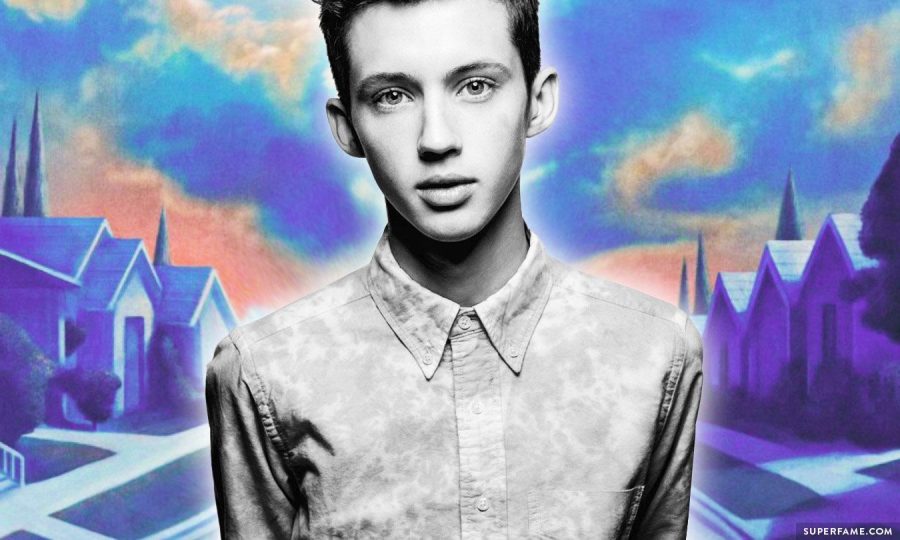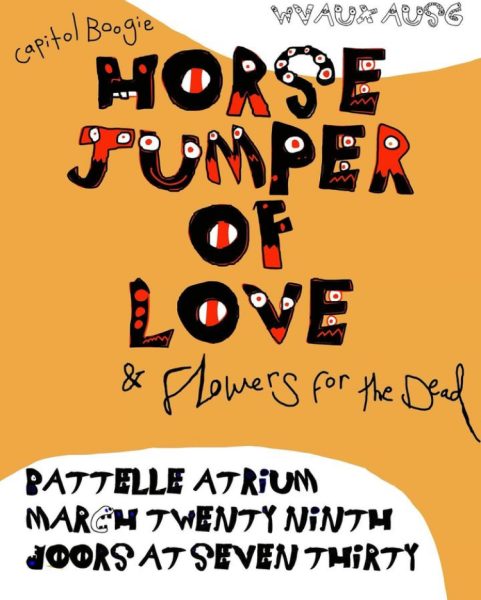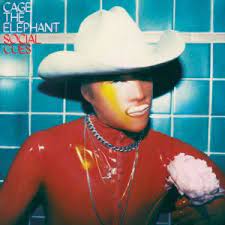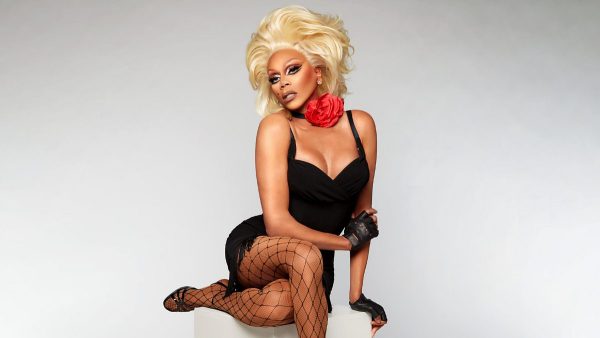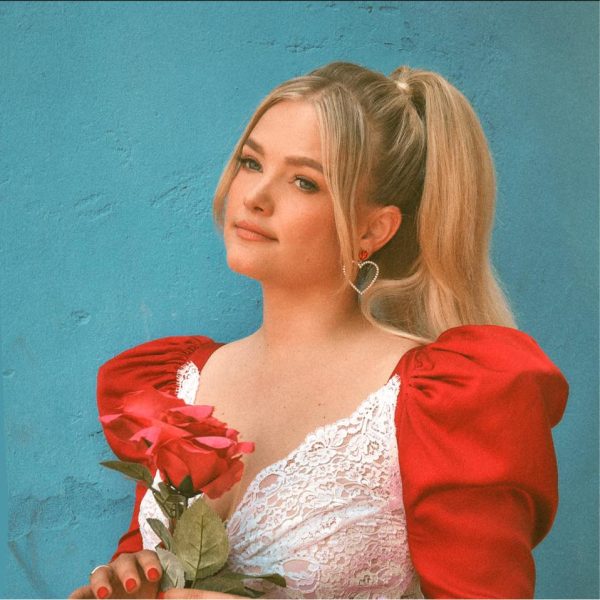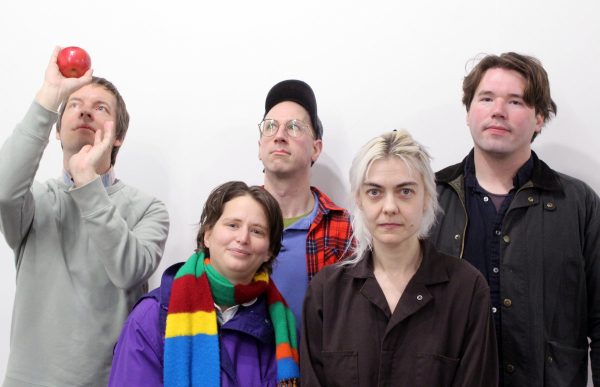Middle School Gothic: Blue Influencers
April 13, 2022
By the time Troye Sivan released his debut album, Blue Neighborhood, the Australian soon-to-be pop star had already been famous for years. Perhaps best known previously as Influencer/YouTuber sensation, by the time he had announced his transition to music he had already amassed around three million subscribers, most recognized for his vlogs and collaborations with other big name influencers at the time. He’d gotten his start on the platform in 2007 uploading singing videos at the young age of just twelve years old, and had released some EPs – notably, TRXYE, which featured the single “Happy Little Pill”. However, on July 25th, 2015, he uploaded a video titled “Announcing My Album,” which now sits at just a million views, and changed his fame forever.
Blue Neighborhood was released December of 2015, a collection of songs about what it meant to grow up gay in the suburbs. He had come out previously on YouTube in 2013, so his fans had been following a lot of the journey his album seemed to be about. It’s a quiet tragedy with a hopeful ending, set to synth-y beats that were very much a hallmark of the musical era. Songs like “BITE” and “HEAVEN” delve into the quiet thrill of growing up in the closet. Secret moments and fantasies of running away to live free become recurring motifs, attempting to define a silver lining in an otherwise overcast existence. The whole album feels like a gloomy afternoon; the sad moments padded with an atmospheric beauty that lead to moments of explosive joy. “WILD” and “YOUTH” are the best examples of this, maintaining the cloudy atmosphere built throughout the album while allowing for a moment of celebration in the otherwise downtrodden narrative.
This was monumental for a multitude of reasons. The United States had only just legalized same sex marriage earlier that year, and while it had already become more commonplace to discuss queerness in the mainstream, Troye Sivan became the first big name pop star who was not only already out as gay by the time he started making music but centering his identity in the art he was making. His song “for him.” is a love song written by a man for a man (although the lyrics remain sans pronouns) and his music videos featured him interacting romantically with other men.
The other thing that always stood out about Sivan, however, was perhaps more frivolous but equally as interesting. This was the fact that he came from an influencer background. Of course, he had made a name for himself in his younger years as an actor and musician, but before Blue Neighborhood, his job title was undoubtedly YouTuber. YouTubers in music is no new phenomenon – in fact, it seems almost every influencer in a pinch for cash and relevancy has a song out on streaming. The built-in fan bases and cultures around our favorite internet stars means they have a near guarantee for a bonus check every time they enter the studio. Look at every major TikTok star today – everyone from Dixie D’Amelio to Addison Rae and Bella
Poarch has a single or two under their belt. Yet, unlike Troye Sivan, they remain trapped in the influencer corner.
After announcing his album, Sivan posted consistently on YouTube for another two months before slowly backing away from the webcam for good. He still occasionally posts three to five minute long vlog snippets, but these are few and far between nowadays, and instead his channel has become mostly devoted to his music videos and live clips. This is because we as a society have fundamentally different relationships with our favorite influencer than we do with musicians. Both are very intimate relationships – vlogs and songs both offer a window into the creator’s life. However, when an influencer makes music, their fans have already been following their life and there is a sense of overfamiliarity with the stories they choose to tell.
To be a musician in the modern age of social media is a different kind of art than being an internet influencer. Both are carefully curated relationships the star maintains with their audience, but Sivan was one of the first to discover that the two kinds of stardom cannot truly coexist. Influencers are our friends, they are accessible and just like us. When a musician is idolized, however, the appeal is the escapism of the mystique and talent they possess. Almost all other influencers-turned-musicians (at least, of the relatively successful variety) have followed in Sivan’s footsteps of stepping away from their avenue of internet fame in favor of a less accessible online persona. Think Conan Gray, Shawn Mendes, and even Dodie Clarke.
Sivan has continued his success to this day with a well-performing follow up album Bloom and various collaborations such as “1999” with Charli XCX and “i’m so tired…” with Lauv. He also co-wrote “Louder Than Bombs” by BTS and has earned nominations for his work on various soundtracks. It was also announced in 2021 that he will be starring in an HBO Max original series, proving he is here to stay in the mainstream – sitting now on nearly fifteen years of fame at the age of just twenty six.
While Blue Neighborhood has not had a genre-shaking world-changing impact, it remains an interesting microcosm of how an influencer must transition to music in order to be taken seriously, and what kinds of relationships we have with those we idolize. These factors are equally as important to his story as the contents of his debut album, the two so inextricably intertwined that one cannot be analyzed without mention of the other. Without audiences having grown up with him on the internet and seeing his coming out journey, we may never have connected with and enabled an openly gay man to make art about his identity during a time when it was even more taboo to do so. Thankfully for us, though, things lined up pretty well, and we got a lot of great music out of it.

